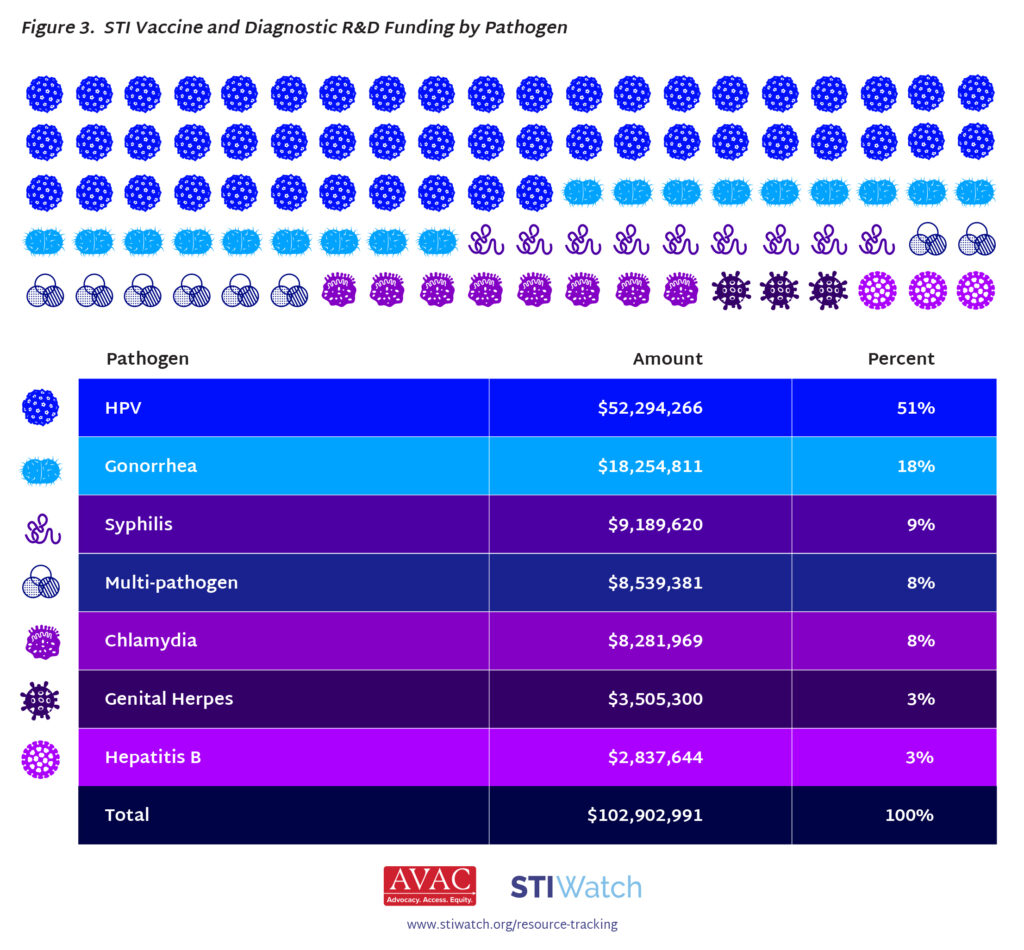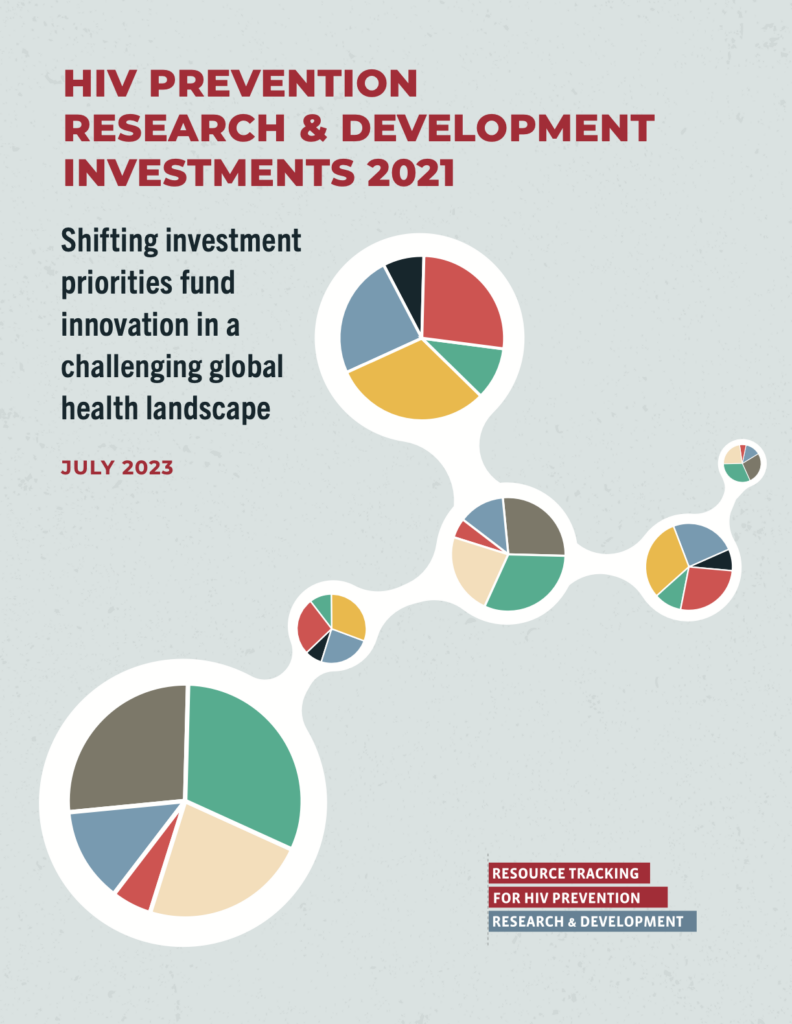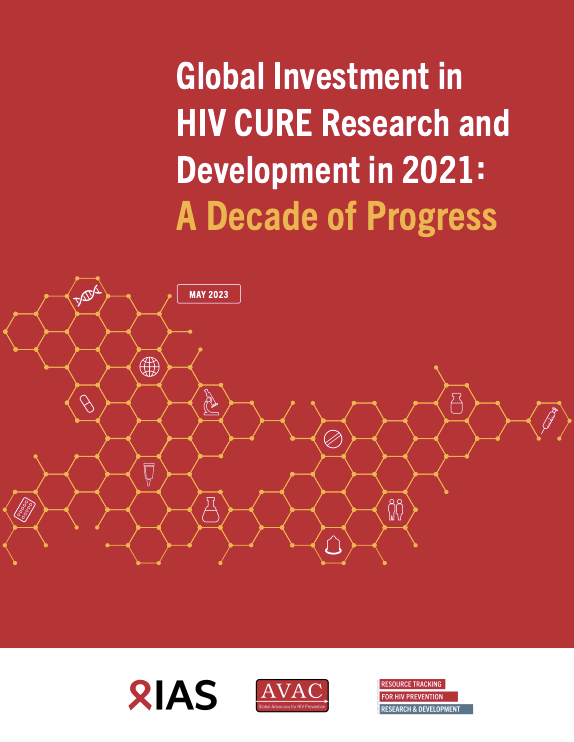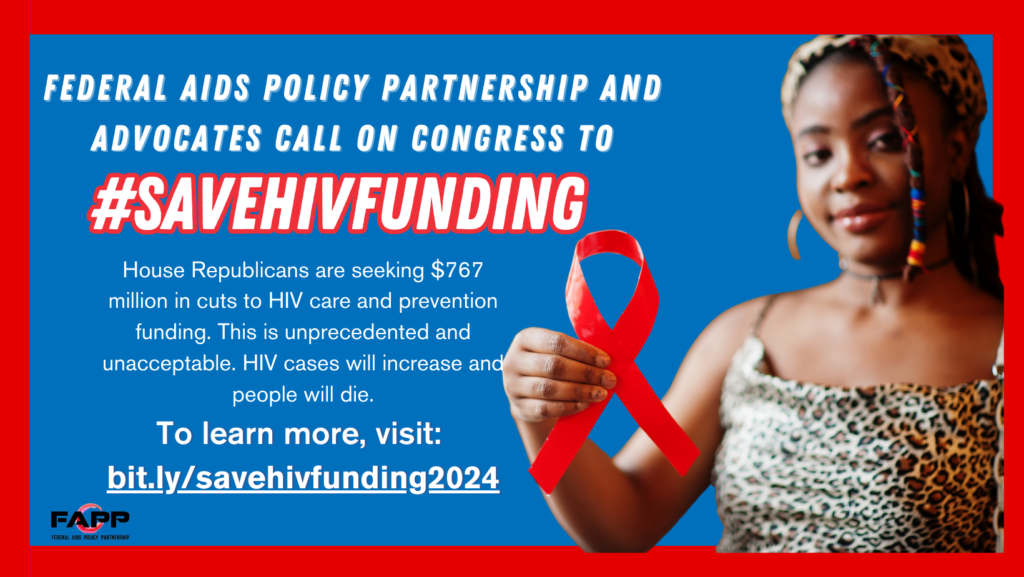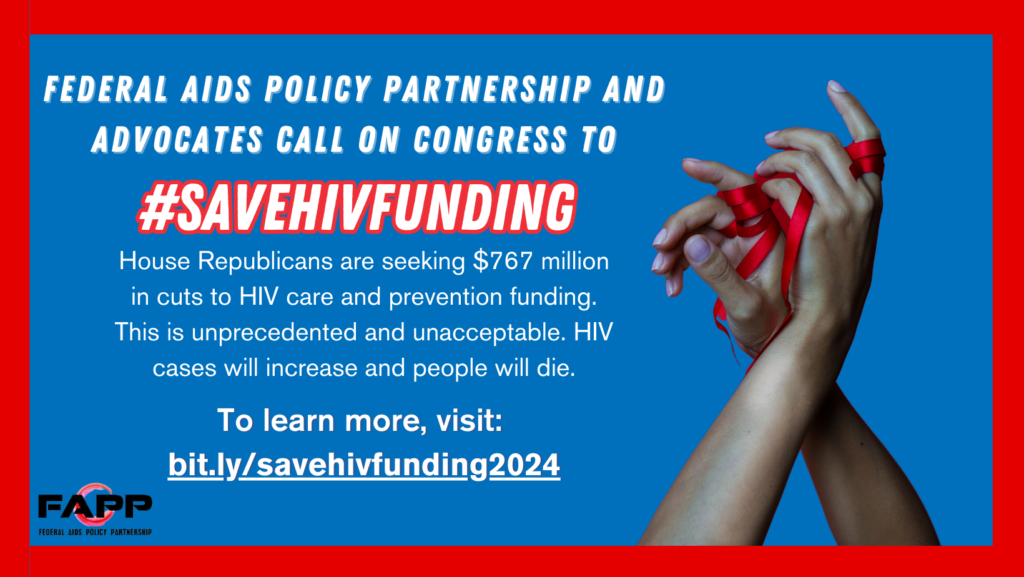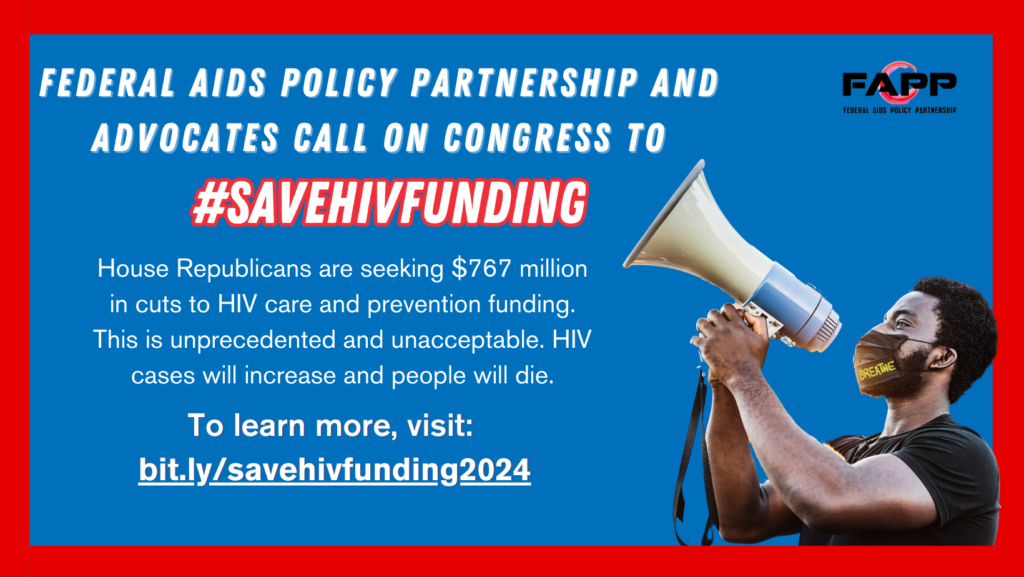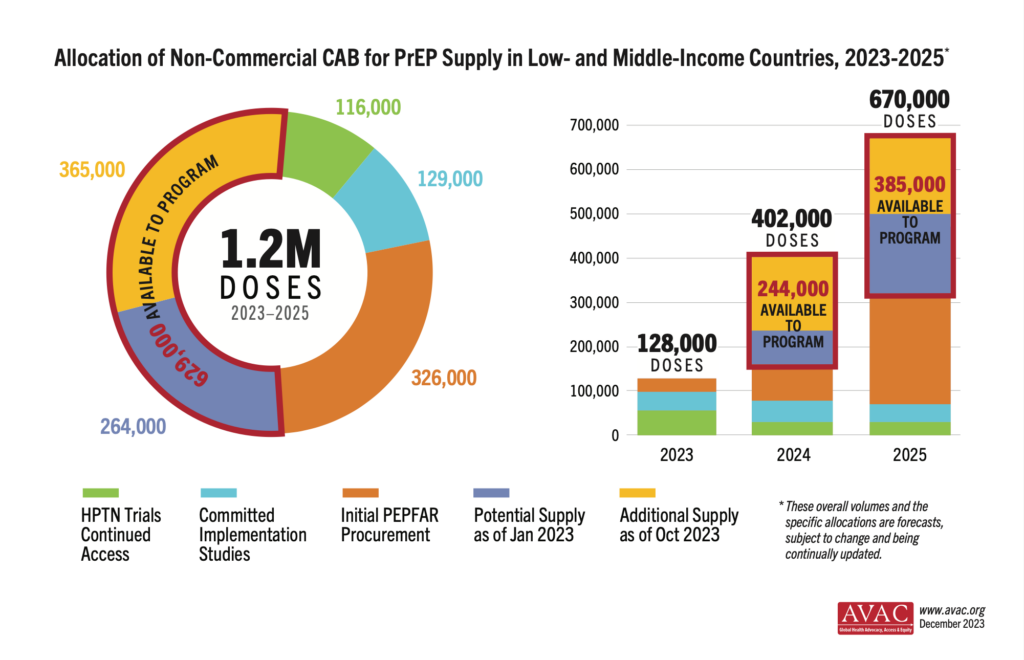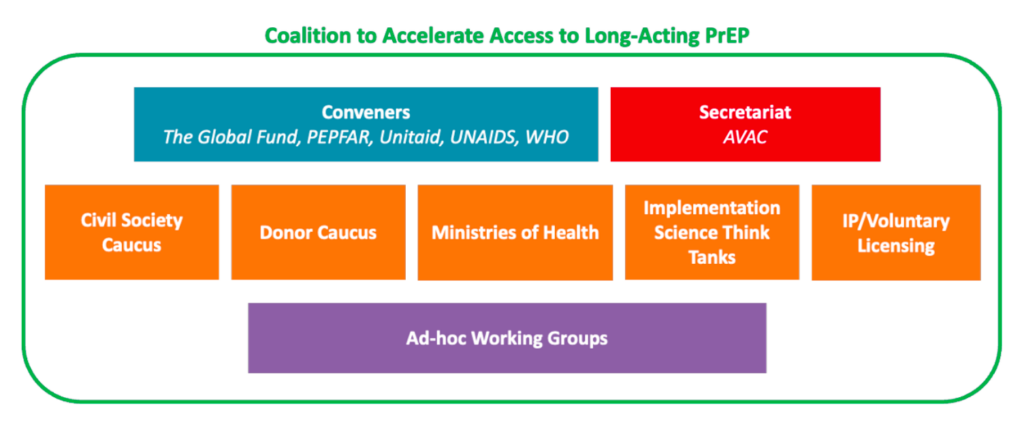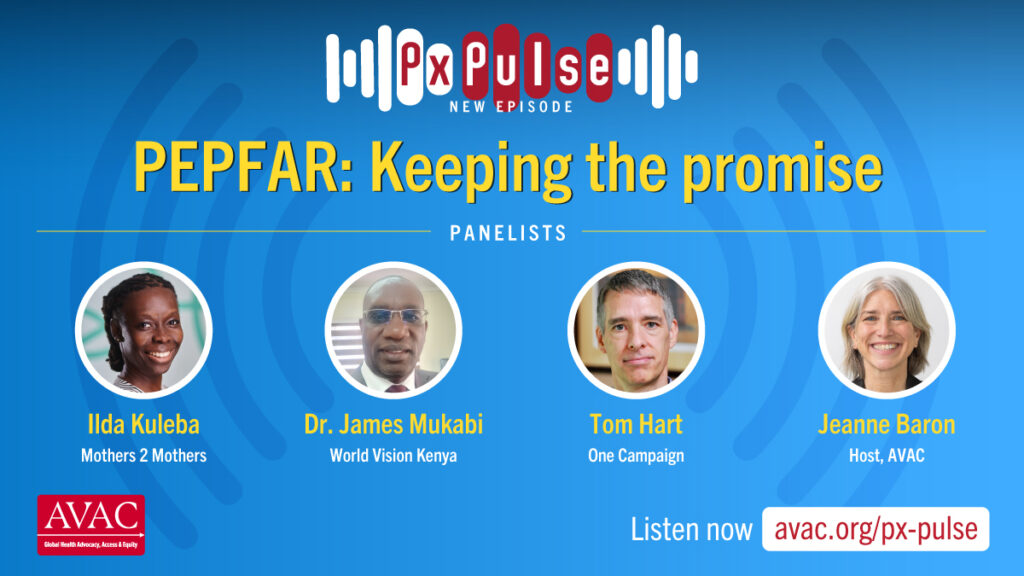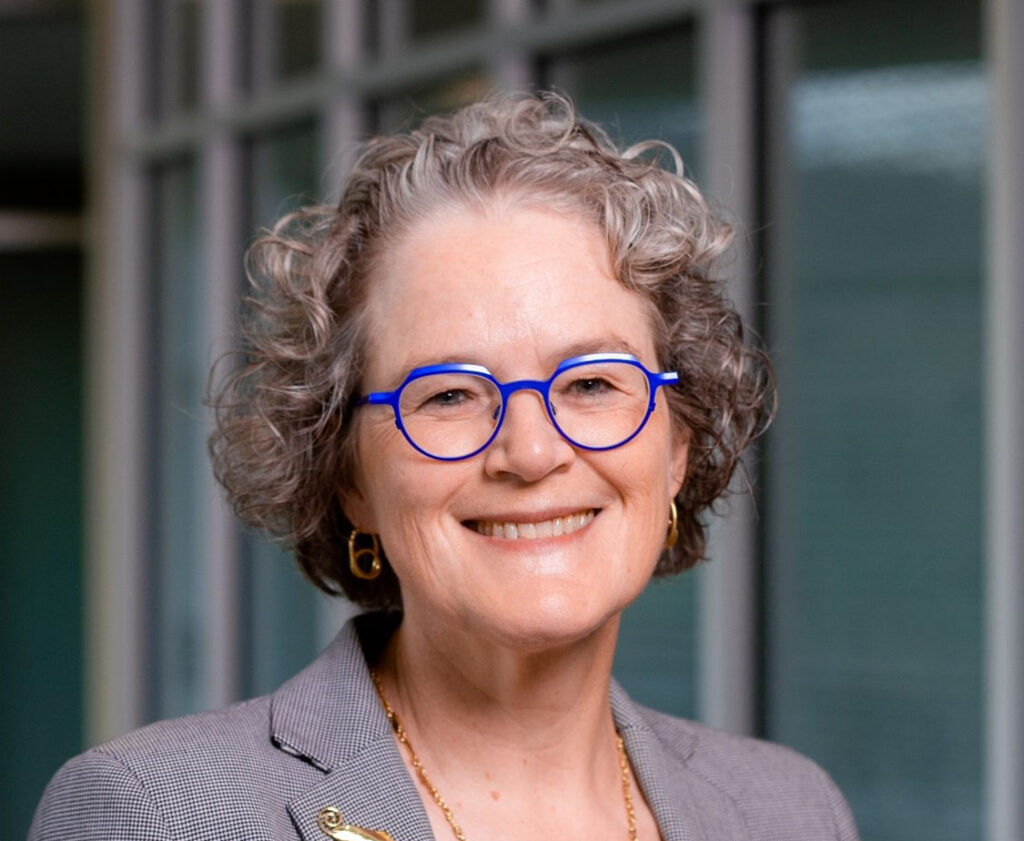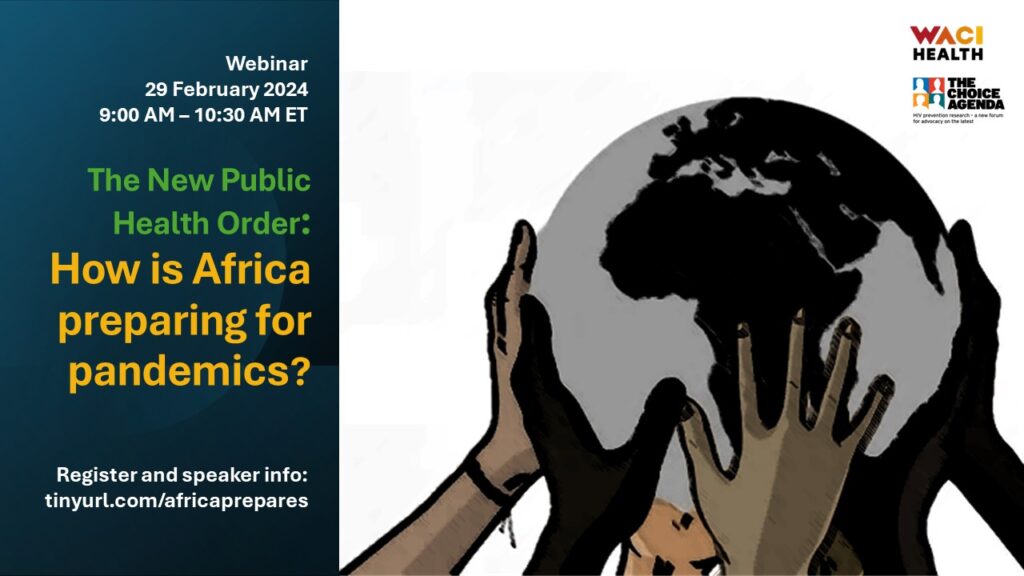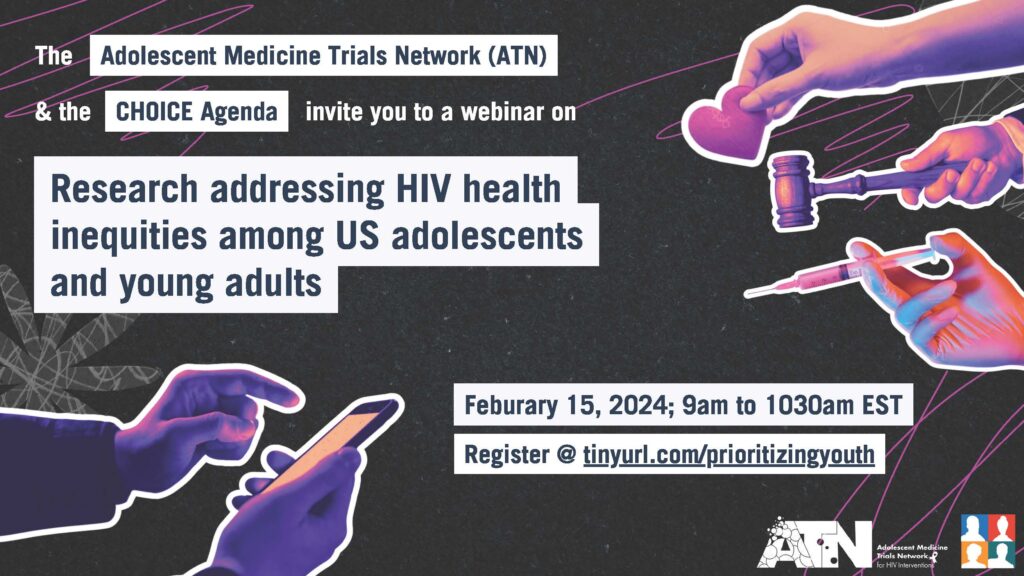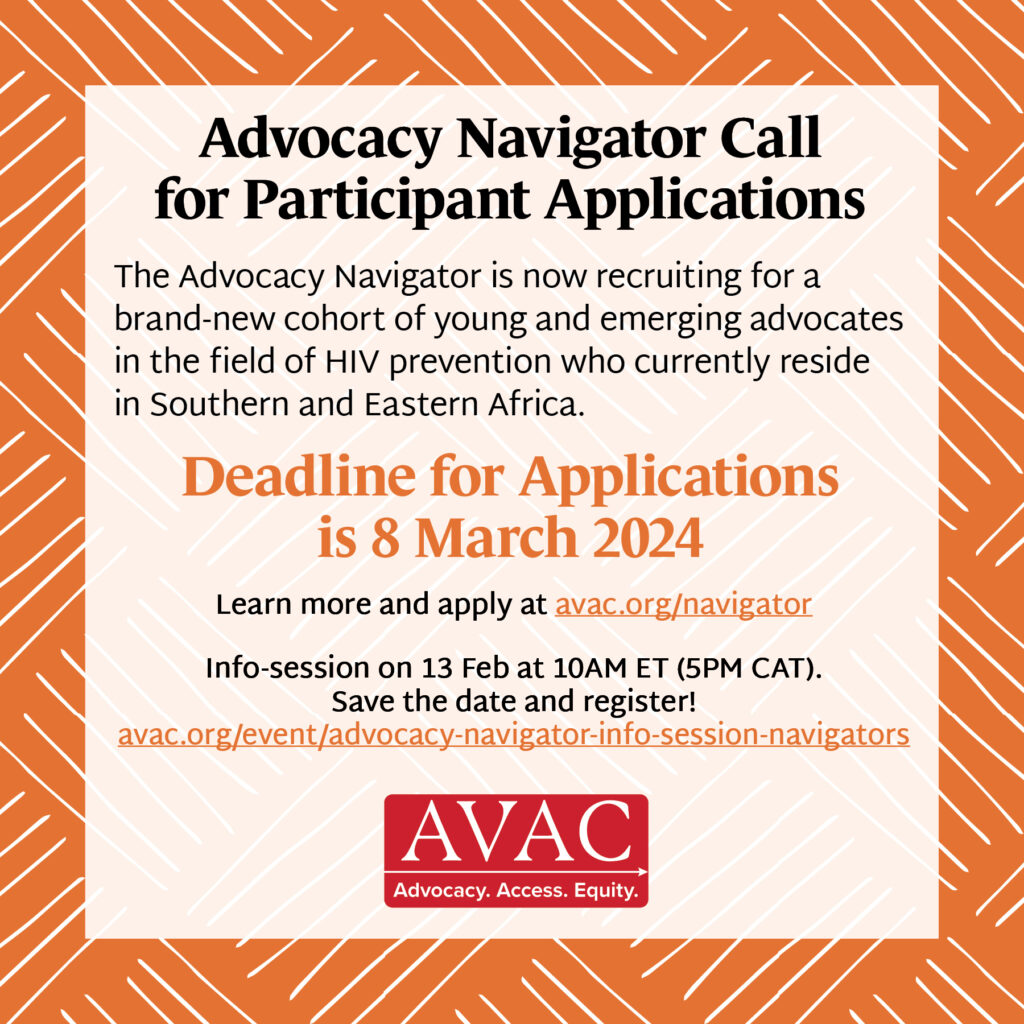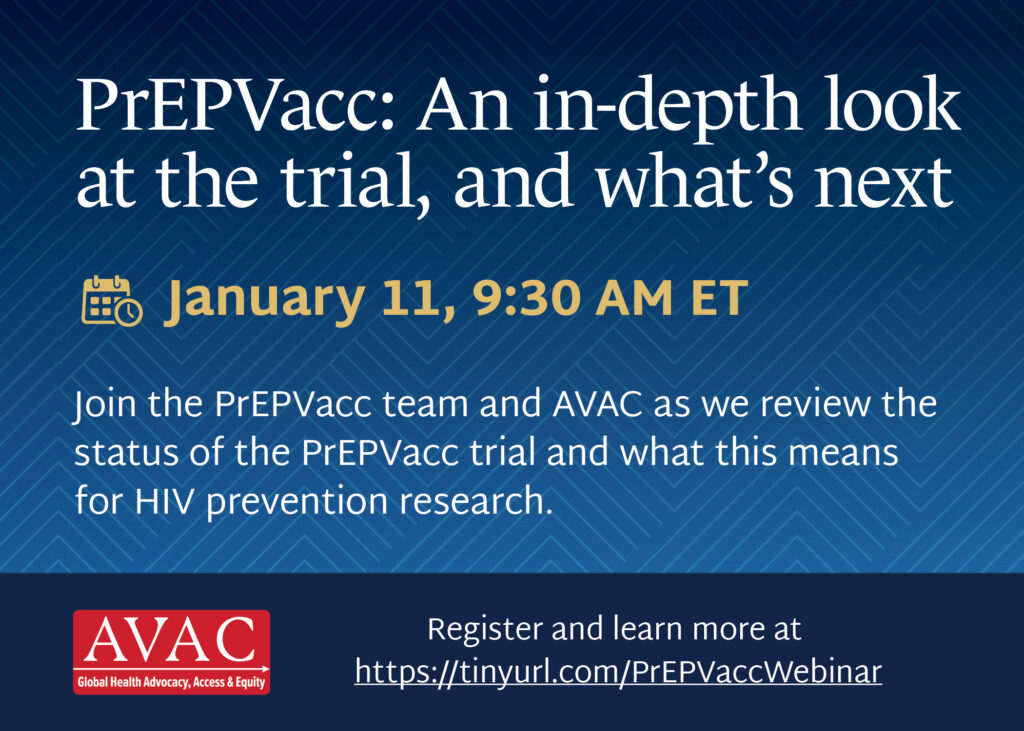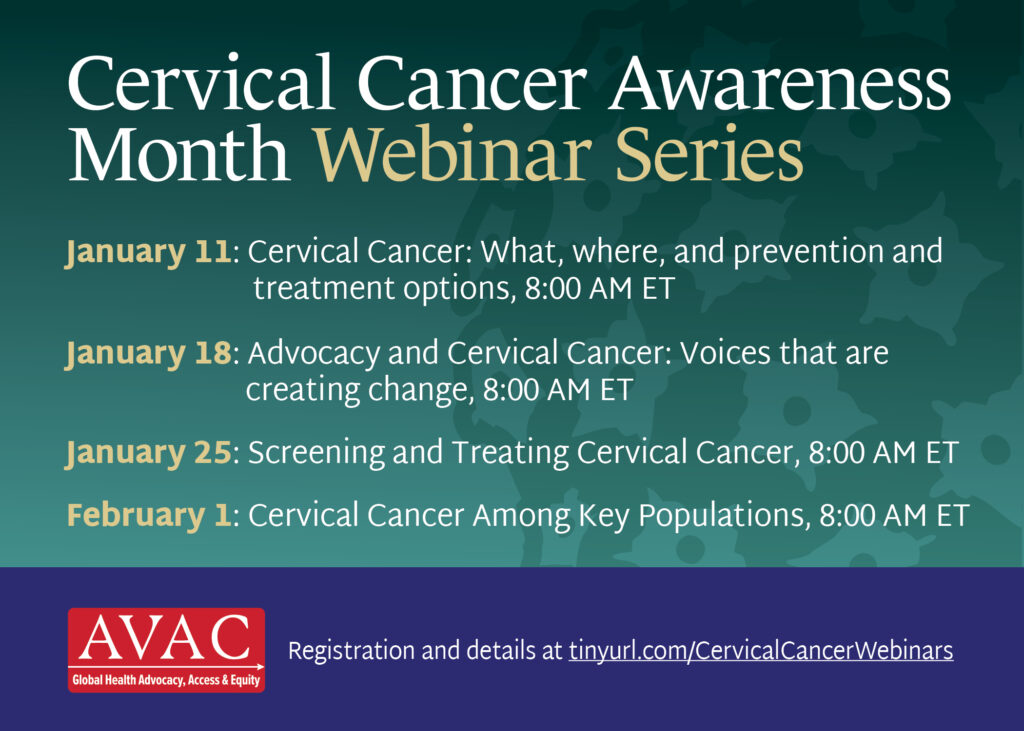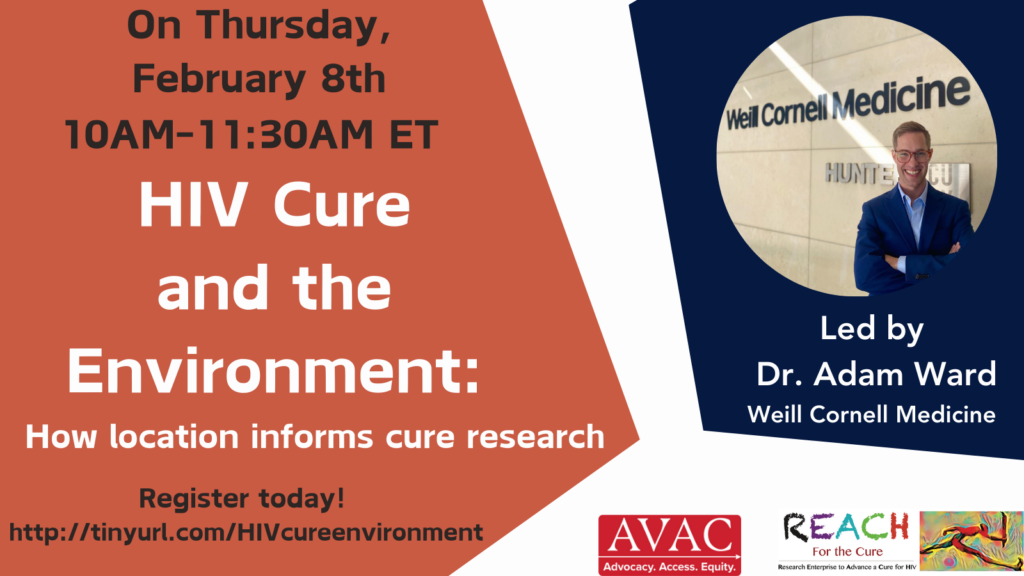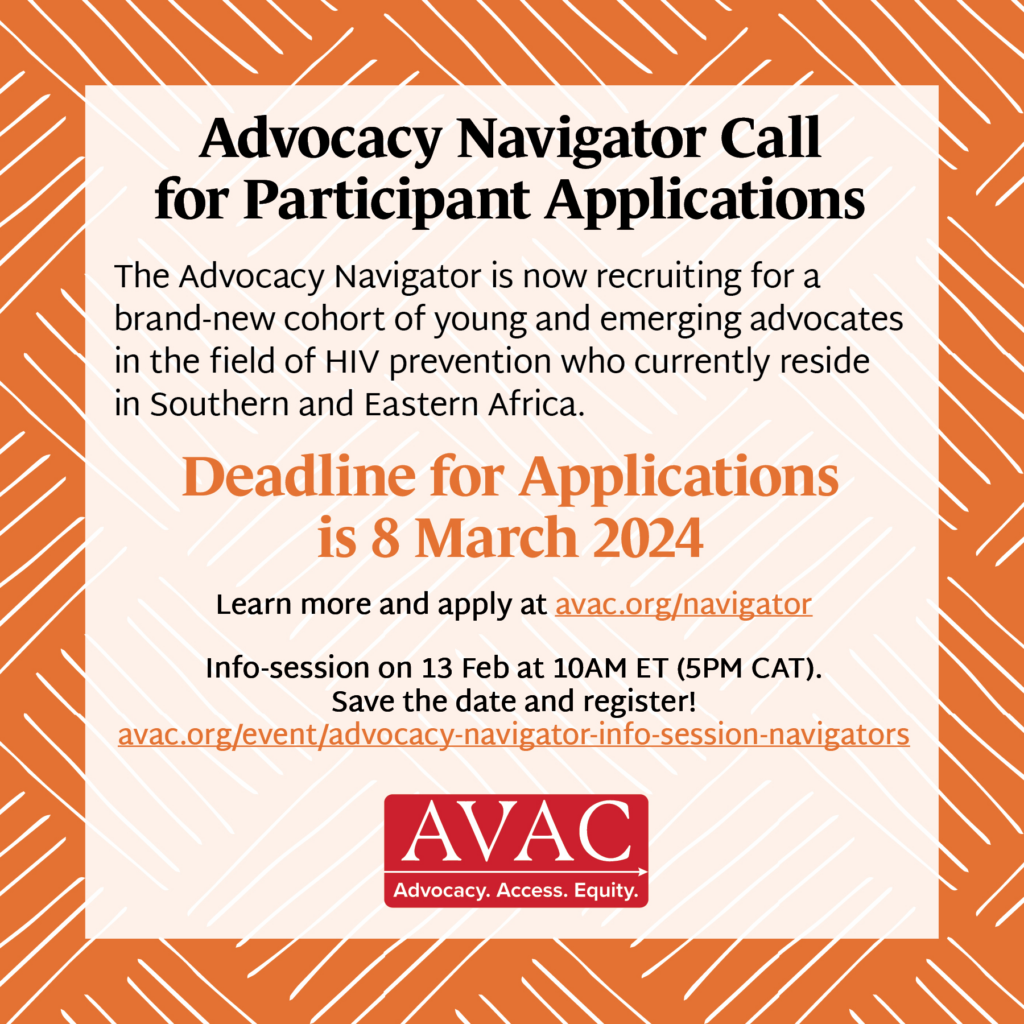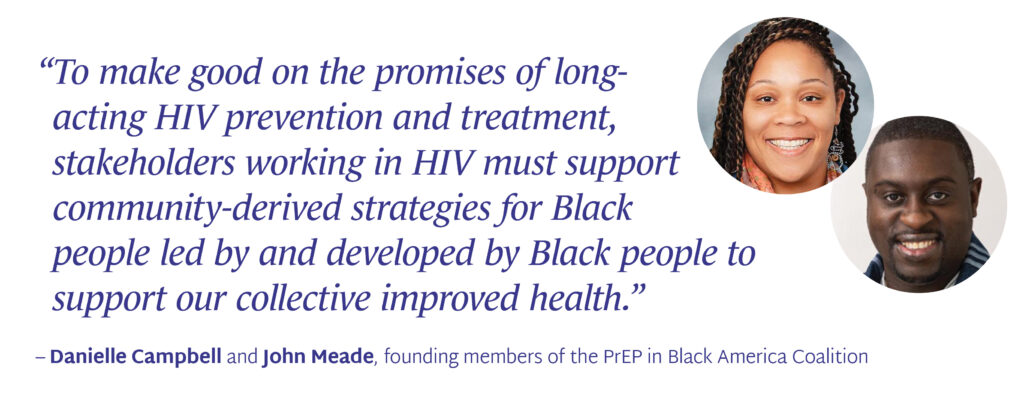Dear Advocate,
The 31st annual Conference on Retroviruses and Opportunistic Infections (CROI) kicks off this weekend, and runs from March 3-6 in Denver, Colorado. CROI is the go-to forum for groundbreaking science in the HIV field, and this years’ program is full of exciting new research.
At AVAC, we’re tracking data and discussion on long-acting, injectable PrEP; the dapvirine vaginal ring (DVR) in pregnancy; doxycycline as post-exposure prophylaxis (DoxyPEP) to prevent sexually transmitted infections (STIs); and the latest in HIV cure and control. We’re also very excited for this year’s Martin Delaney Presentation – Unveiling the Power of Uganda’s LGBTIQ Advocacy in Shaping HIV Response and Health Care Access – that will be delivered by Frank Mugisha of Sexual Minorities Uganda (SMUG) in Uganda and couldn’t be more timely. Be sure to check out the conference program.
AVAC and partners have worked to follow and explain the research presented at CROI for many years, making the science more accessible, connecting the findings to community priorities, and ensuring civil society and affected communities are represented within the program, and ultimately the research. For those attending or not, this email shares ways to follow along and join in the discussion and debate.
Follow Along
Be part of the conversation by following AVAC on X (Twitter) at @hivpxresearch for real-time updates using the conference hashtag #CROI2024, and be sure to sign up and follow our partner, Aidsmap, who will be reporting from the conference.
Community Breakfast Clubs (CROI registration not required
Join the CROI Community Liaisons, AVAC, the European AIDS Treatment Group, and partners for daily Community Breakfast Clubs. These virtual webinars feature researchers and advocates discussing some of the most consequential science being presented at CROI. They are open to all, CROI registrants and non-registrants alike.

Monday, 4 March, 7:00am – 8:00am MT (Click here to determine the time in your location.)
Spotlight on Social and Behavioural Science at CROI 2024
Tuesday, 5 March, 7:00am – 8:00am MT (Click here to determine the time in your location.)
Living with HIV for a Lifetime – It’s Complicated
Wednesday, 6 March, 7:00am – 8:00am MT (Click here to determine the time in your location.)
Looking forward to seeing you at the daily Breakfast Club sessions and to working together to unpack the research and be sure it is applied!
Best,
AVAC
